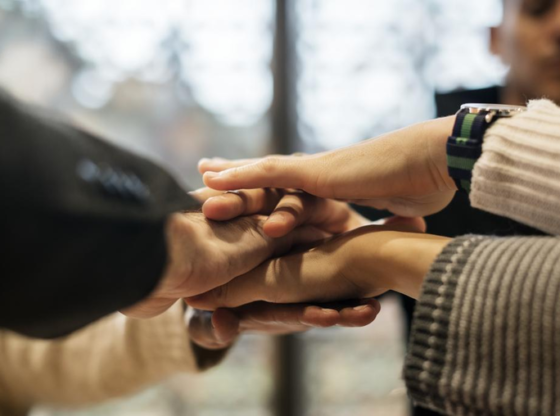The Native American Indigenous Leadership Council (NAILC) and the Native Student Alliance (NSA) hosted a public forum on Friday, April 29, at the University of Denver, to address the recent tipi pole incident and review the Chancellor’s response.
The event—which featured speeches from the NSA leadership and other members of the Native American and Indigenous DU communities followed by a group discussion—aimed to create a space in which allies and supporters could engage in Indigenous knowledge from Indigenous individuals and understand how to take action to support these communities.
“In acknowledgment of genocide and expulsion from this land, let us acknowledge the painful history of the Sand Creek Massacre. On Nov. 29, 1864, John Chivington, under the order of DU’s founder John Evans, led more than 600 Colorado territory militia soldiers in violence against the Cheyenne and Arapaho people,” said Taylor Lucero, NSA co-Chair president, during opening remarks. “Over 150 elderly women and children were murdered. The act of settler colonialism, including genocide and forced assimilation, undertaken in the name of ‘Pioneering’ still creates systems of injustice and inequity that continue to oppress and marginalize Indigenous people,” she added.
The damage caused to the tipi poles has profoundly hurt and disrespected the Native and Indigenous communities at DU.
“The poles represent many of the virtues of our own people, some of which are things like honor, gratitude and compassion. […] We don’t even lay [the tipi poles] on the ground for storage. We stick them up in trees so they point towards creation,” explained Sid Whiting, a member of the Indigenous Council at DU. “The tipi, first and foremost, is a shelter. We take shelter in it from a storm, from the night sky, from the glaring sun, from all deadly harms,” Whiting added.
After listening and learning, the participants were divided into small separate groups of students, faculty, staff and administration members to discuss the meaning of allyship and ways to demonstrate it. “Friendship,” “active listening,” “show up and shut up,” “don’t choose how people need support,” and “faculty protest” were the main points shared by the groups.
Another point brought up by the participants was the presence of the administration. Chancellor Haefner—who was present for the first part of the forum—left moments before the discussions began.
“The ways that we exist on campus is dictated by our leadership, they decide what type of culture we’re going to have on campus,” said Mason Estes, Undergraduate Student Government Vice President and Student Representative on the Native American Indigenous Leadership Council. “And when they walk away like that, they make a statement to all of us saying ‘this isn’t worth my time,’” said Estes.
“Let’s not forget that in the email that he sent out, he said ‘let’s be present, let’s be with our community.’ And look what happened: he came and he left,” added Lucero.
The end of the event was marked by three requests: attend the 11th annual DU Pow Wow on May 14, demand the university’s leadership take immediate action to protect Native and Indigenous students and advocate for the removal of the Pioneer moniker #NoMorePios.










